The most common causes of boating accidents in Sarasota Bay stem from operator error, including inexperience with local hazards, boating under the influence (BUI), and violating maritime navigation rules in congested channels.
While Florida weather is a factor, most incidents happen in clear, calm conditions because operators become complacent. Proving another boater’s mistake was the direct cause of your injuries involves a difficult mix of state and federal maritime laws. This process requires gathering specific evidence, from eyewitness accounts in crowded areas like the New Pass sandbar to data from the vessel’s electronics.
If you have questions about a boating accident that injured you or a loved one, call Hale Law Accident Attorneys for a straightforward conversation about your situation at (941) 735-4529.
Key Takeaways for Sarasota Bay Boating Accidents
- Operator error is the leading cause of most boating accidents. Inattention, inexperience, and boating under the influence are not blameless mistakes; they are forms of negligence that lead to serious and preventable harm on the water.
- Violating navigation rules constitutes clear evidence of negligence. The maritime “Rules of the Road” exist to prevent collisions, and a boater who speeds in a no-wake zone or fails to yield the right-of-way is liable for the damage they cause.
- Proving fault requires specific evidence and legal knowledge. A successful claim depends on gathering evidence like official accident reports, GPS data, and witness statements to build a case under a combination of Florida and federal maritime law.
The Human Element: When Operator Error Turns a Day on The Water Into a Disaster
While mechanical failures or sudden storms contribute to some incidents, the vast majority of boating accidents are tied directly to the decisions and actions of the person at the helm.
Operator Inattention
Operator inattention is a leading contributor to boating accidents. This includes being distracted by passengers, failing to monitor the vessel’s path, or not noticing changes in water depth. A moment of distraction is all it takes to cause a serious or even fatal incident.
In Sarasota Bay, a brief lapse in focus is disastrous. An operator might fail to spot a channel marker and run their boat aground on a sandbar, jolting everyone on board. Another common scenario involves a boater neglecting to check their blind spot before turning in the crowded channel near Marina Jack.
Operator Inexperience in Sarasota’s Waters
In a single recent year, 65% of operators involved in fatal boating accidents had no formal boater education. Many renters or new boat owners are simply unfamiliar with their vessel’s handling characteristics or the specific rules of the local waterway. An inexperienced operator might not know how to handle the sudden, choppy waves created by dozens of other boats leaving Big Sarasota Pass on a Saturday afternoon.
They may not understand the right-of-way rules when encountering a fishing charter or a sailboat, leading to a dangerous crossing situation. Florida law requires anyone born on or after January 1, 1988, to complete a boater safety course to operate a vessel of 10 horsepower or more, yet many out-of-state visitors may be unaware of this requirement or the local hazards not covered in a generic course.
Boating Under The Influence (BUI)
Boating under the influence (BUI) is a serious crime that too often leads to tragedy. A boater with a blood alcohol concentration (BAC) of 0.08% or higher is legally intoxicated under Florida Statute 327.35. However, even a small amount of alcohol impairs judgment, reaction time, and coordination.
The sun, wind, and motion on the water amplify alcohol’s effects, a phenomenon known as “boater’s hypnosis.” An impaired operator is far less capable of responding to sudden changes, like a swimmer in the water or another boat cutting them off near a popular sandbar.
How Violating The “Rules of The Road” Causes Collisions in Sarasota Bay
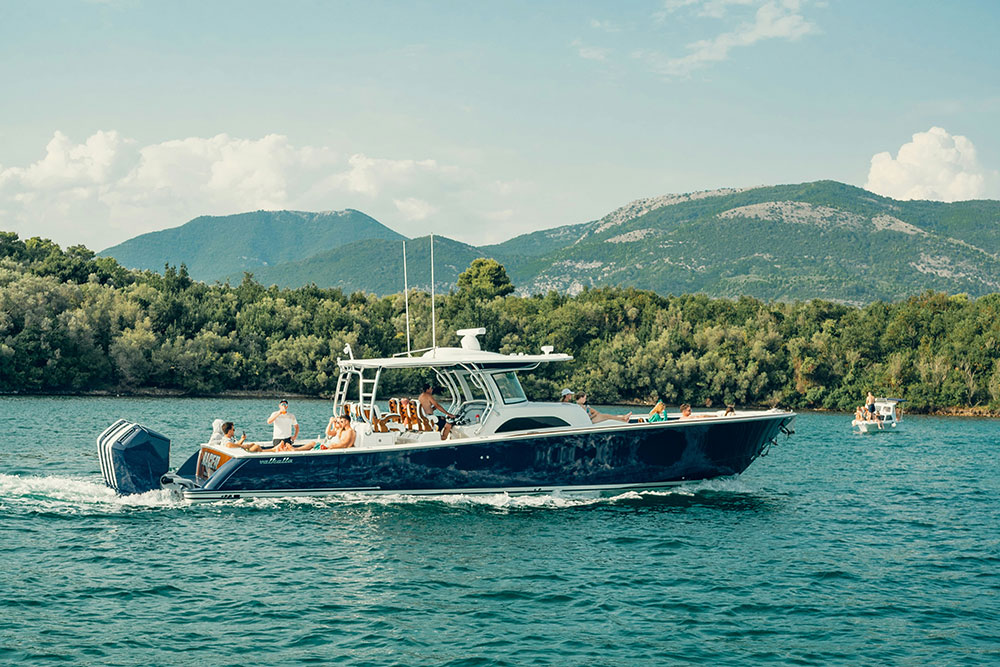
Just like highways have traffic laws, waterways are governed by a set of regulations known as the Navigation Rules. These rules are designed to prevent collisions by establishing a clear and predictable order of movement. When a boater ignores these rules, whether due to ignorance or carelessness, the risk of a serious accident increases dramatically.
Excessive Speed and Dangerous Wakes
Excessive speed was a primary contributing factor in hundreds of accidents nationally in a recent year. A vessel’s wake is just as dangerous as the vessel itself, capable of swamping smaller boats, damaging docked vessels, or throwing passengers overboard. A powerful wake is especially hazardous to kayakers, paddleboarders, and smaller fishing boats enjoying the bay.
Sarasota Bay has many designated “Idle Speed, No Wake” and “Slow Speed, Minimum Wake” zones. These are put in place for a reason, particularly in narrow canals and near marinas, to protect property, wildlife, and other boaters. A speeding boat flying through the Intracoastal Waterway (ICW) near Siesta Key causes serious personal injury and property damage, and that operator is liable for all the resulting harm. Florida law gives local governments the authority to establish these boating-restricted areas to protect public safety.
We use eyewitness testimony, video from dock cameras, and GPS data to establish the at-fault vessel’s speed. Proving a violation of a posted speed zone is clear evidence of careless, or even reckless, operation under Florida law.
Right-of-Way and Navigation Rule Violations
The Navigation Rules clearly define which vessel is the “stand-on” vessel (which has the right-of-way and should maintain its course and speed) and which is the “give-way” vessel (which must take early and substantial action to avoid a collision). A violation of these federal rules is also a violation of Florida law.
For example:
- Crossing Situations: When two powerboats are crossing paths, the vessel on the right (starboard side) is the stand-on vessel. The boat on the left must give way.
- Overtaking: Any vessel passing another must keep out of the way of the vessel being overtaken.
- Sailboats and Powerboats: Generally, a power-driven vessel must give way to a sailing vessel, unless the sailboat is overtaking the powerboat.
In a busy intersection of waterways, such as where the ICW meets a pass, these rules are what prevent chaos. A collision might occur because a powerboat operator failed to yield to a sailboat under sail or because a vessel operator in a narrow channel did not keep to the starboard (right) side of the channel.
Sarasota Bay’s Unique Hazards
Unpredictable Sandbars and Shallows
Sarasota Bay is known for its shifting sandbars and shallow areas that appear unexpectedly, especially at low tide. An operator who is not consulting up-to-date charts, paying attention to depth finders, or reading the color of the water could run aground abruptly.
A sudden grounding throws occupants forward, causing serious injuries like broken bones, head trauma, or spinal cord damage. If another vessel operator is following too closely and not anticipating such a sudden stop, it might also lead to a rear-end collision on the water.
The Dangers of Heavy Weekend Traffic
On any given weekend, especially during peak tourist season, the waters around Lido Key, Longboat Key, and Siesta Key become extremely congested. This high traffic volume drastically reduces the margin for error for every boater on the water.
The sheer number of boats, from small personal watercraft to large yachts, creates a chaotic environment. In these conditions, inexperienced or inattentive operators are much more likely to make a mistake. Misjudging another boat’s speed, making a sudden turn without signaling, or failing to yield the right-of-way quickly are breeding grounds for a collision with devastating consequences.
What This Means for Your Claim: Proving Negligence After a Boating Accident
For you to recover compensation for your injuries, we need to show that the other boat operator was “negligent.”
This legal concept means:
- They had a duty of care: Every boat operator has a duty to operate their vessel in a reasonably safe manner.
- They breached that duty: They failed in that duty through a specific action (like speeding in a no-wake zone) or an inaction (like failing to keep a proper lookout).
- Their breach caused your injuries: The operator’s mistake is the direct reason you were hurt and suffered damages.
Proving negligence is not automatic and requires evidence. Under Florida Statutes § 327.30, the FWC must be notified of any accident involving an injury requiring more than first aid or property damage of $2,000 or more. The report they create is a starting point, but it is not enough. We build on it by collecting additional evidence tailored to the specifics of your accident.
Depending on precisely where the accident happened, in the bay versus a non-navigable inland waterway, different laws may apply. Federal maritime law has its own rules for liability and deadlines, which differ from Florida state law. We have years of experience handling cases under both sets of laws. The statute of limitations for maritime injury claims is typically three years, but always act quickly to preserve evidence and protect your rights.
Frequently Asked Questions About Sarasota Boating Accidents
Can the owner of the boat be held responsible if they weren’t driving?
Yes, in some cases. Under federal maritime law, the doctrine of “joint and several liability” might hold both the owner and the operator responsible, especially if the owner negligently entrusted the vessel to an inexperienced or intoxicated person.
What if I was on a rental boat or a PWC (jet ski)?
The same rules of negligence apply. The rental company may also bear some responsibility if they failed to provide proper safety equipment or instruction before allowing you on the water.
What if I was partly at fault for the accident?
Florida follows a “modified comparative negligence” standard under Florida Statute § 768.81. This means you may still recover damages, but your compensation could be reduced by your percentage of fault. As long as you are not found to be more than 50% at fault, you still have a claim.
Why do I need an attorney if the other boater’s insurance is already offering a settlement?
Insurance companies are businesses that must balance paying claims with making a profit. Their initial offer may not account for the full scope of your future medical needs, lost earning capacity, or pain and suffering. We help you understand the true, long-term value of your claim before you accept an offer that might be far less than what you need to fully recover.
Don’t Let a Boating Accident Capsize Your Future
After a traumatic event on the water, the last thing you want is a prolonged struggle for fair compensation. You may be worried about the cost of medical care or the time it will take to get your life back on track.
Our role is to handle the legal process so you can focus on your recovery. We provide a clear assessment of your case and explain your options.
For a free discussion about your boating accident, call the team at Hale Law Accident Attorneys now at (941) 735-4529.
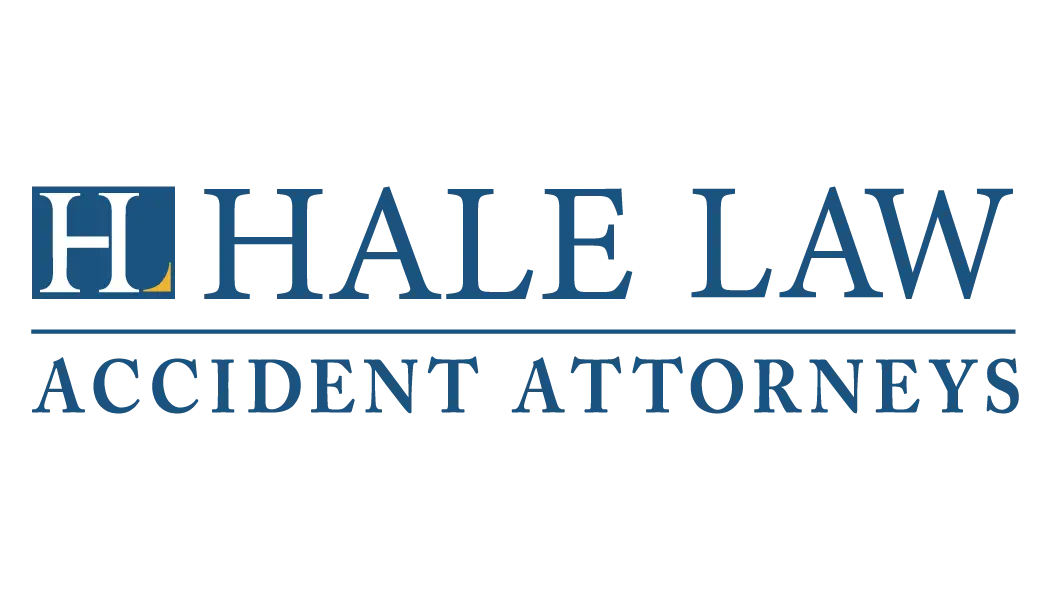
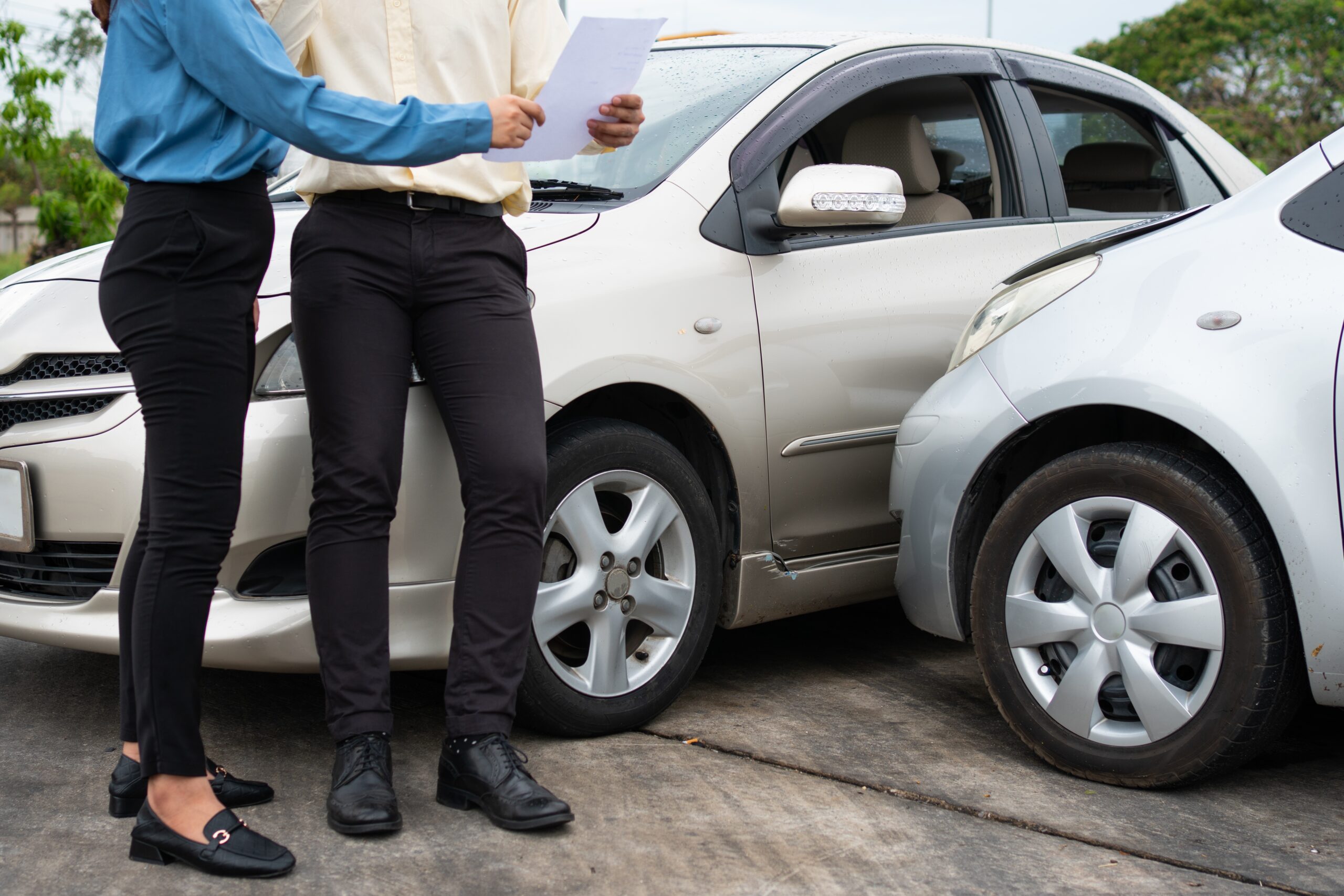
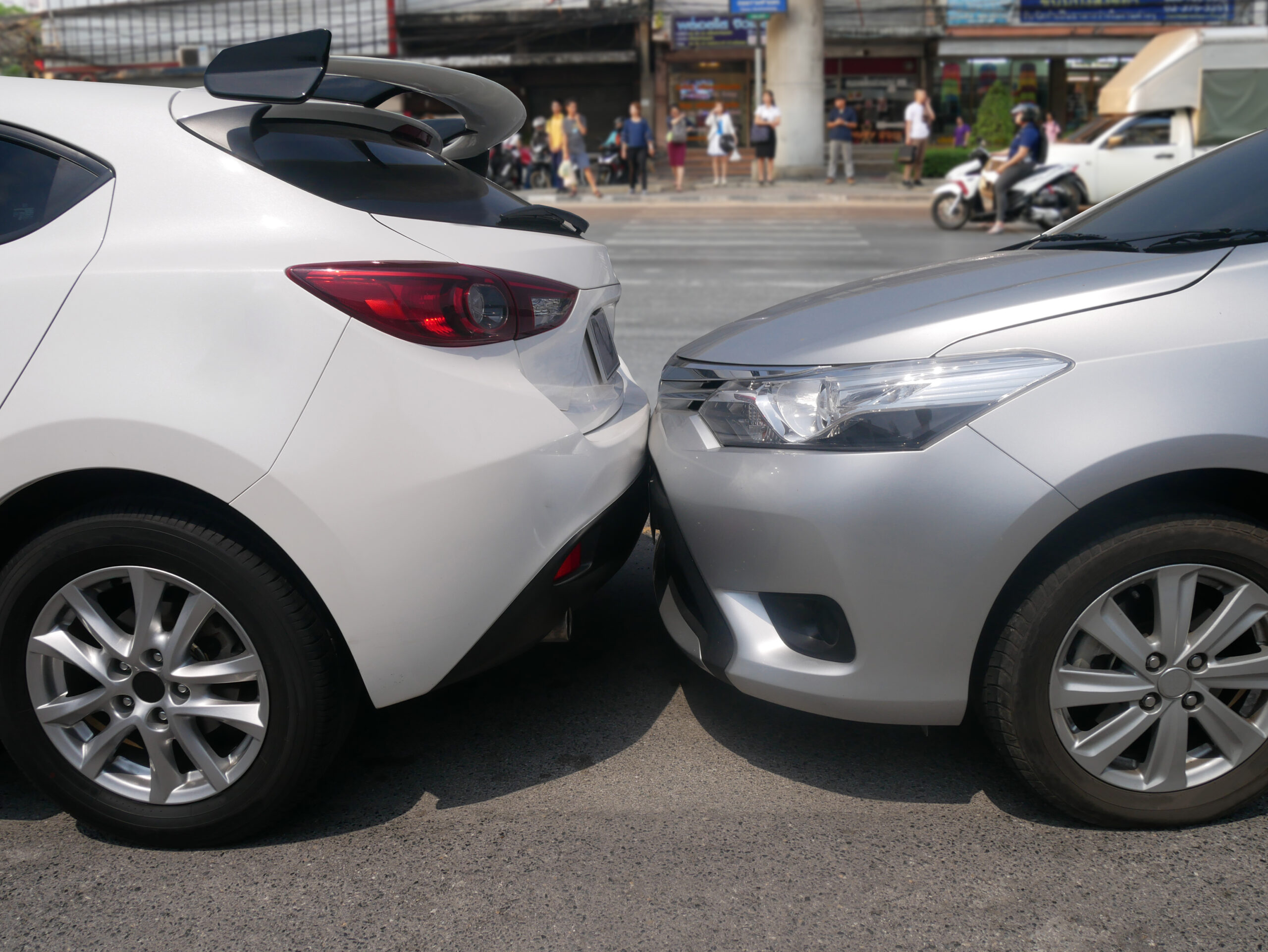
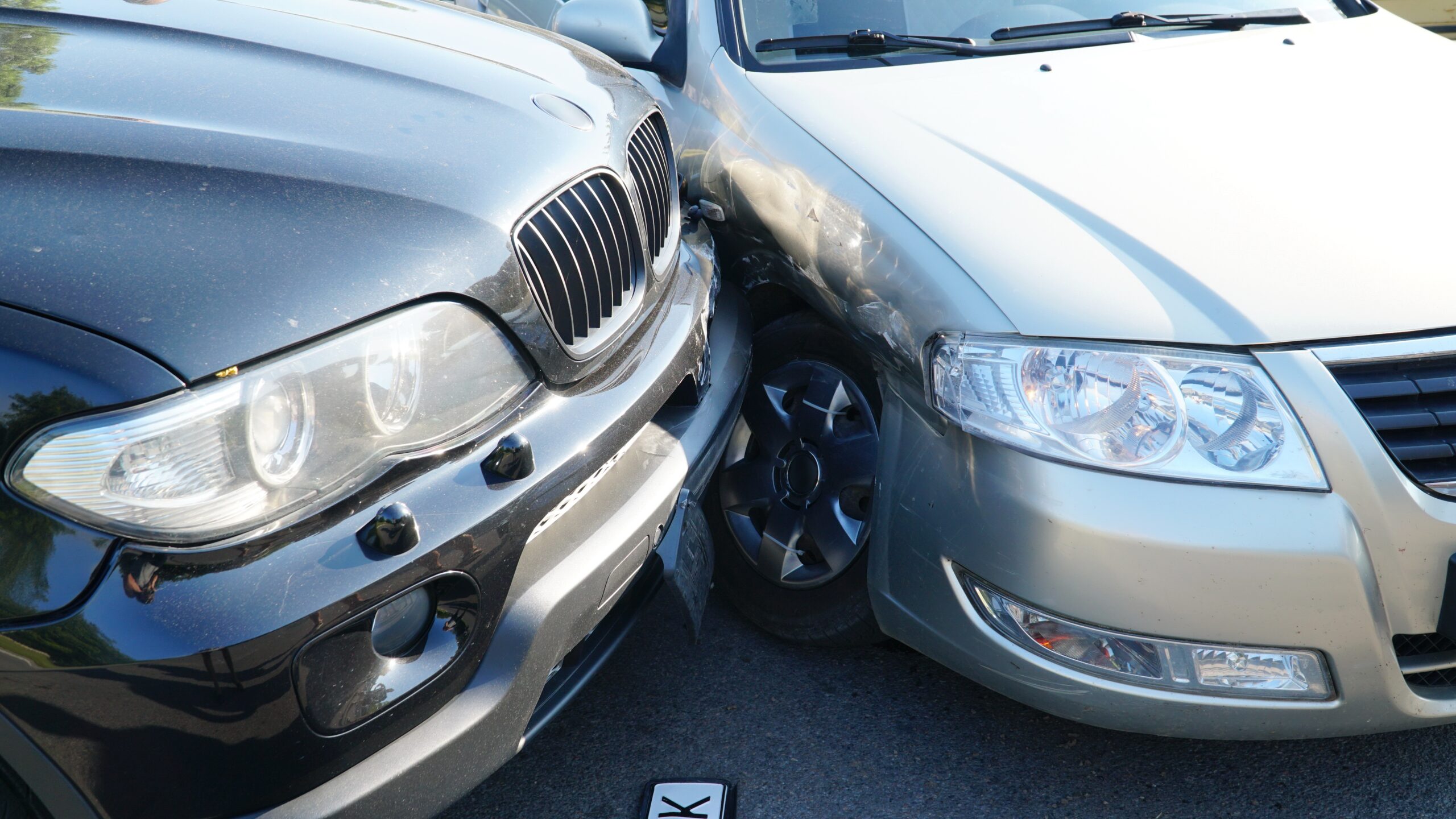
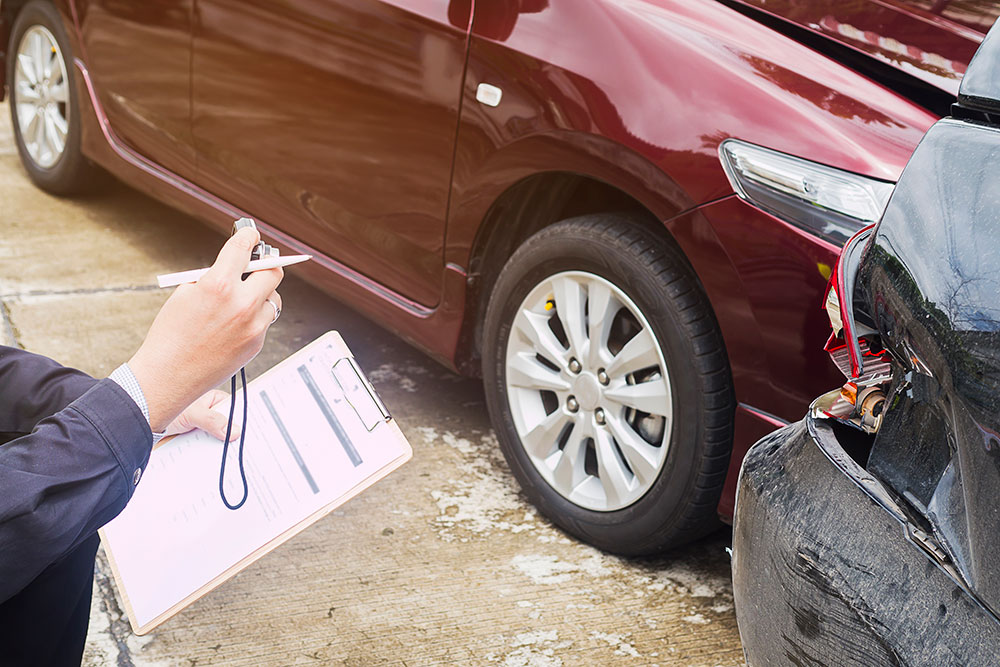
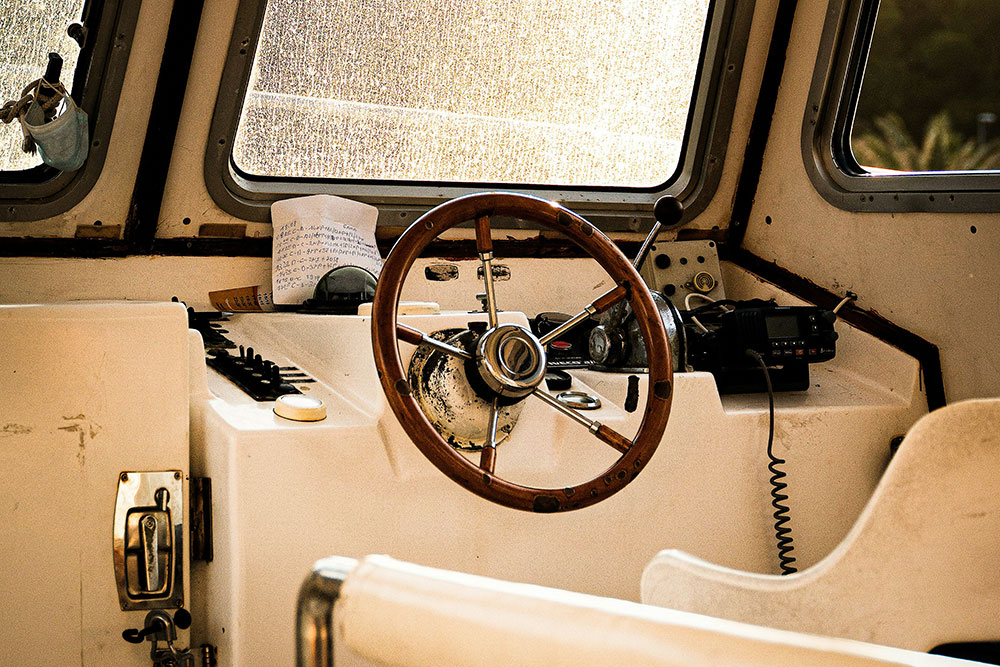
 Sarasota
Sarasota Lakewood Ranch
Lakewood Ranch Port Charlotte
Port Charlotte Brandon
Brandon Bradenton
Bradenton Venice
Venice
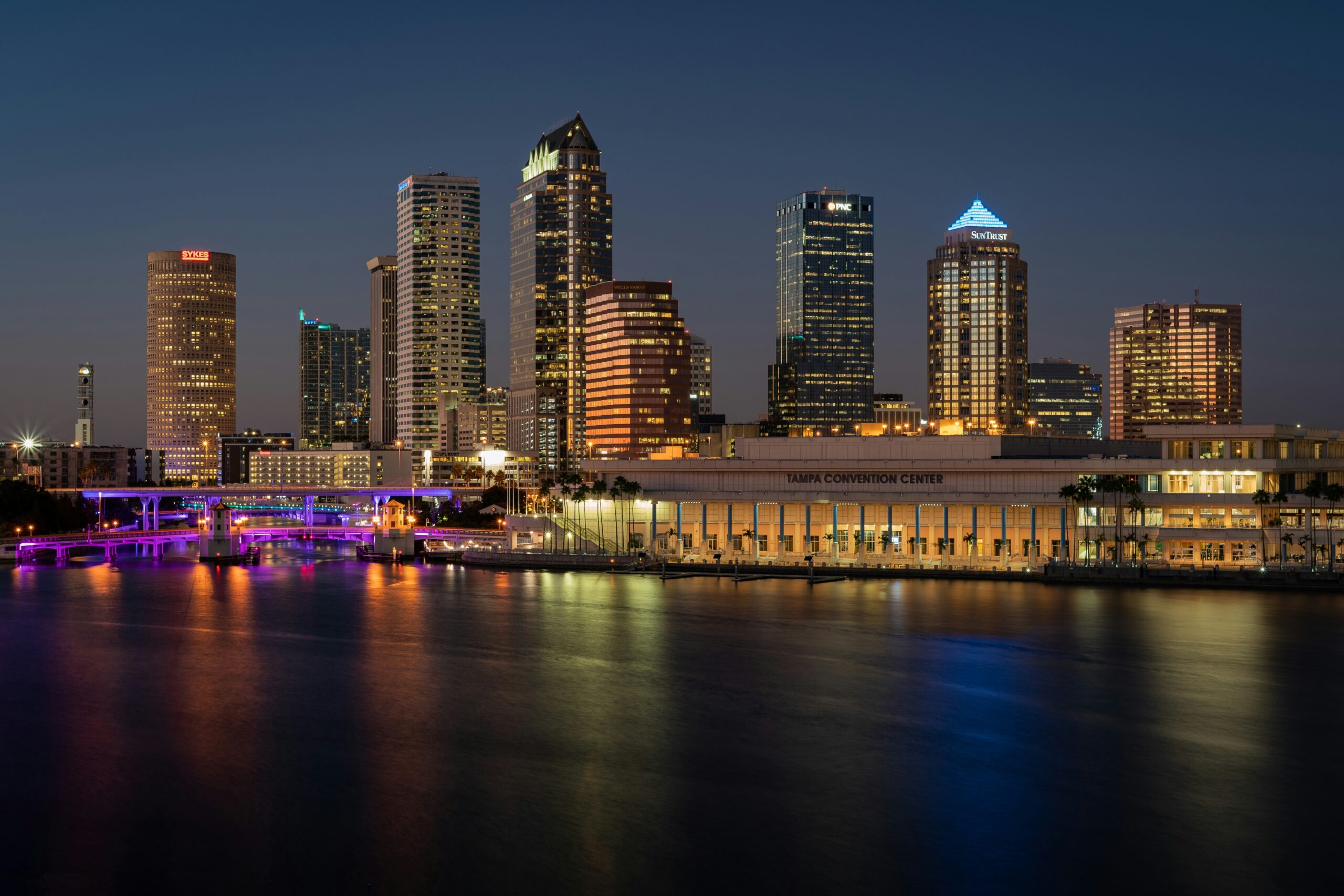 Tampa
Tampa